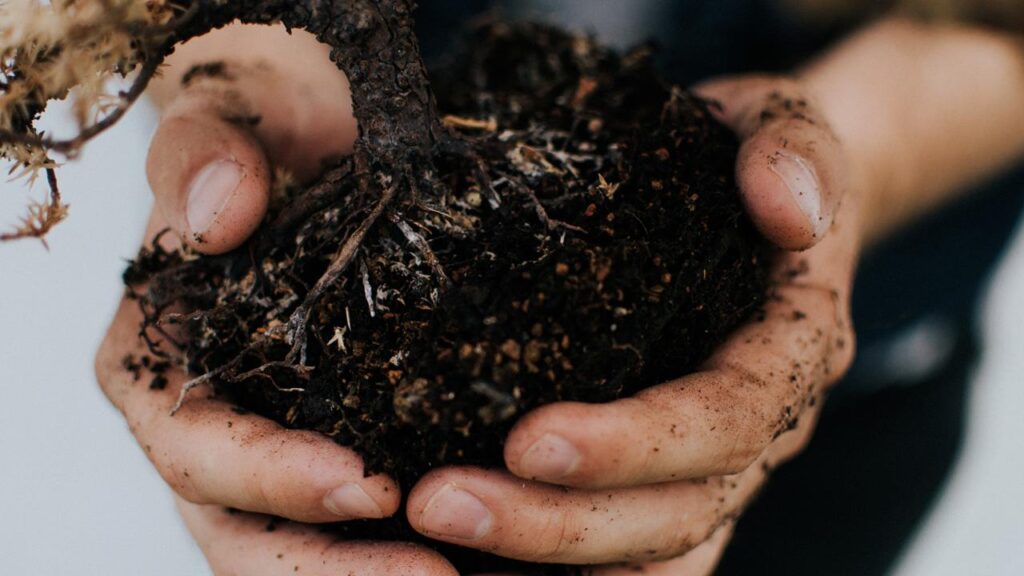Ocean Friendly Gardens
Water quality preservation program for coastal drainage basins by a durable management of rainwaters.
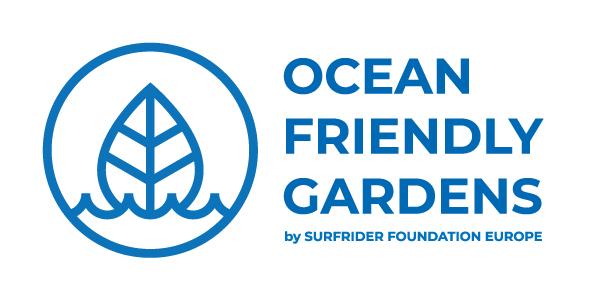
Ocean Friendly Gardens program considers urban landscapes and streets as solutions to fight against aquatic pollution. As primary natural filters, soils, flora and fauna must be preserved and developed in urban environments. Creation of rainwaters’ gardens allows optimization of parcels’ water management. This program wishes to develop an ecosystem approach of territories where citizens become actors of change.
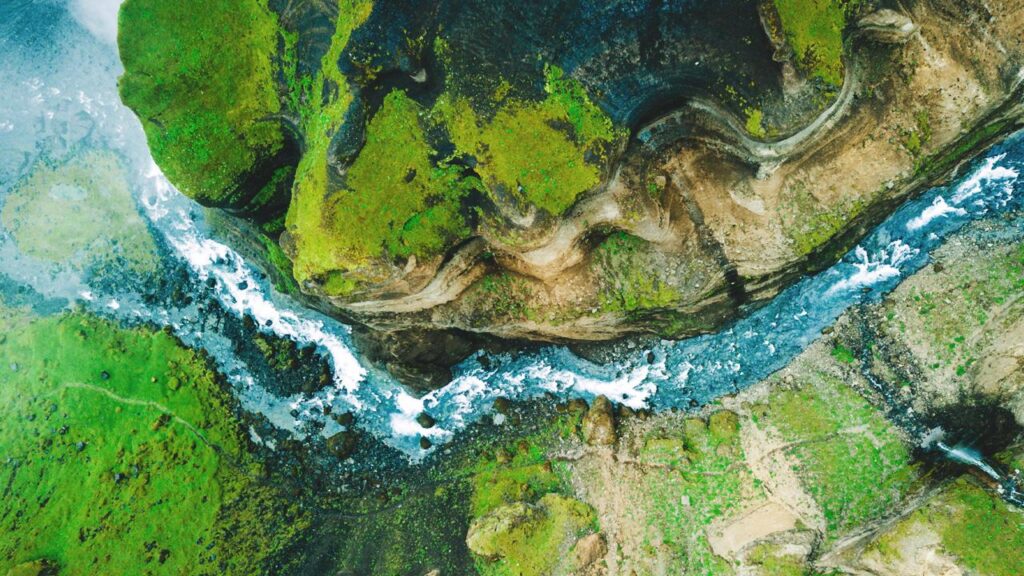
A source of problems
Aquatic environments are polluted on a regular basis. Downstream from urbanized areas or downtowns, soils’ waterproofing prevents rainwaters to infiltrate. Rainwater streams are mostly collected by the sewage system before being treated and released in the aquatic environment. However, with the increase of stormy episodes, accentuated with increasing coastal urbanization, sewage systems are regularly saturated; rainwaters are no longer treated and thus contaminate the aquatic environment. Lots of pollutants are thus released in natural environments because of waterproofed soils leaching (hydrocarbons, pesticides, fertilizers, heavy metals, …) and have harmful consequences on Humankind and the environment.
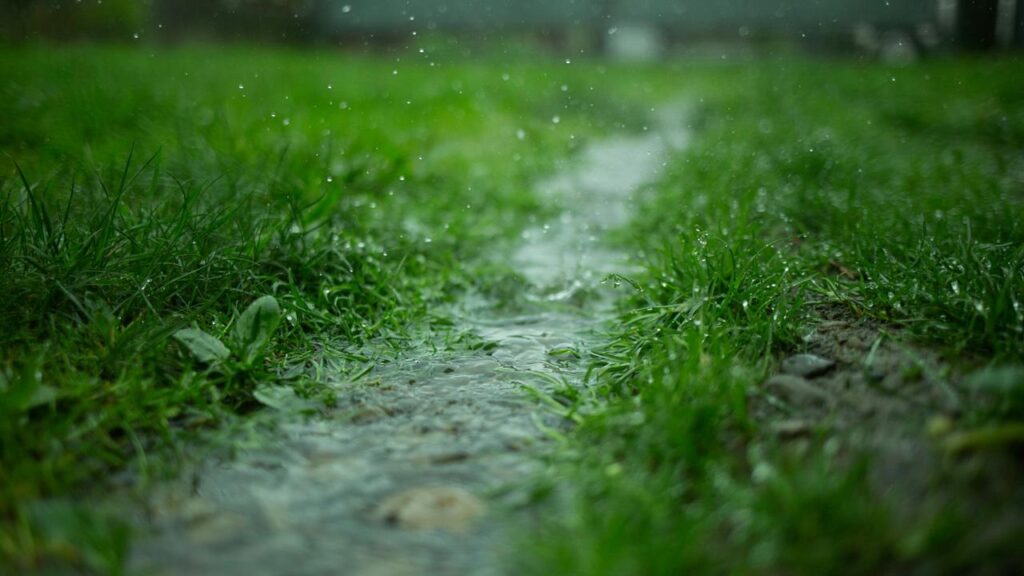
Drainage basin, recipient of our pollution
80% of ocean pollution comes from the land, meaning drainage basins. Durably acting for ocean protection is acting at the root of the malfunction. The ocean, coastline and more generally water quality are markers and reflections of our societies. Facing climate change challenges, territories’ resilience and the need for durable town and country planning accepted by populations, have been identified as significant steps. Aquitaine’s pilot territory (Biarritz) has already showcased some visible consequences:
• Vulnerability of natural bathing sites
• Deterioration of soils and natural aquatic environments
• Deterioration of biodiversity
• Submersion
• Beach closings
• Increased risks of flooding
• Increased heat islands
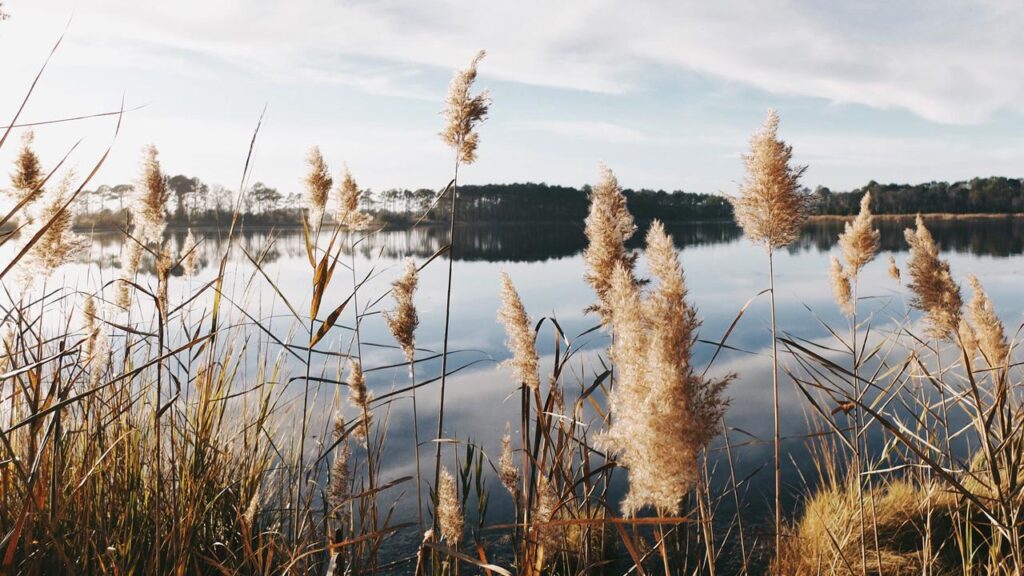
Towards a more durable management of rainwaters
With Ocean Friendly Gardens program, Surfrider Foundation Europe wishes to promote a more durable management of rainwaters based on parcel management. Meaning handling waters closest to their point of impact and capitalizing on their recovery (save, store, distribute, infiltrate and treat). Each parcel is then considered as a “small drainage basin” where water optimization is suitable in harmony with landscape specificities and local technics; usages, rainfalls’ volume, soil nature, sun exposition, topography and surface area. This program aims to improve urban rainwaters’ management by favoring planning best practices and durable alternative practices through the set-up of eco-responsible rainwaters’ gardens. This planning will favor water flows’ regulation, reduction of downstream water volumes, infiltration in soils and will not only contribute to water filtration but also have direct and indirect benefits on the Environment.
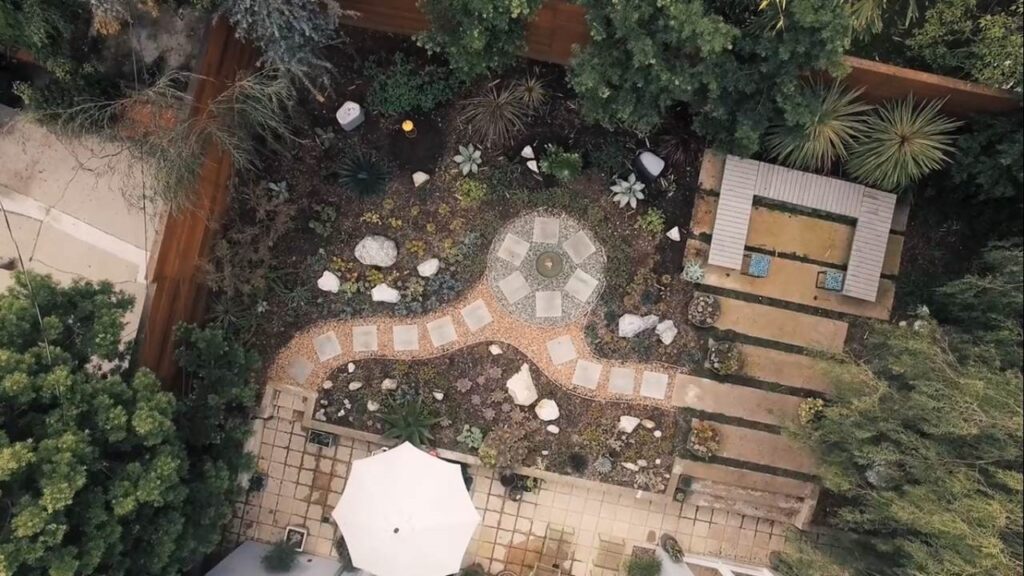
Ocean Friendly Gardens
program’s actions
Surfrider Foundation Europe offers to set up public actions according to 3 directions based on education, training and community volunteering projects. From workshops on water pollution to water structure creation, as well as training on alternative technics for rainwaters management, Ocean Friendly Gardens program claims to be transversal in its approach and participative in its implementation.
Education
Different themes will be developed to the public for a better understanding of territorial stakes (water cycle, gardens biodiversity, pollutants and pollutions, urban planning). Offered educational and awareness tools (landscape reading, urban discovery walks, playful mock-ups, online courses, etc.) allow appropriate mediation and target various crowds.
Trainings
With experts and professionals’ (landscapers and urban planners) interventions, workshops, trainings and themed web conferences are offered for all citizens to get involved in concrete terms in aquatic environments’ quality preservation and for them to increase their knowledges and skills on rainwaters alternative management technics.
Community volunteering projects
Community volunteering projects will be organized on various sites as soon as an issue can be identified. Targeted pilot sites are schools, private gardens, communal parcels, joint ownership properties but also private parcels. Arrangements could be numerous and complementary such as the creation of dam reservoir, vegetal valley gutters, the set-up of rainwater barrels, and planting of appropriate and endemic species.
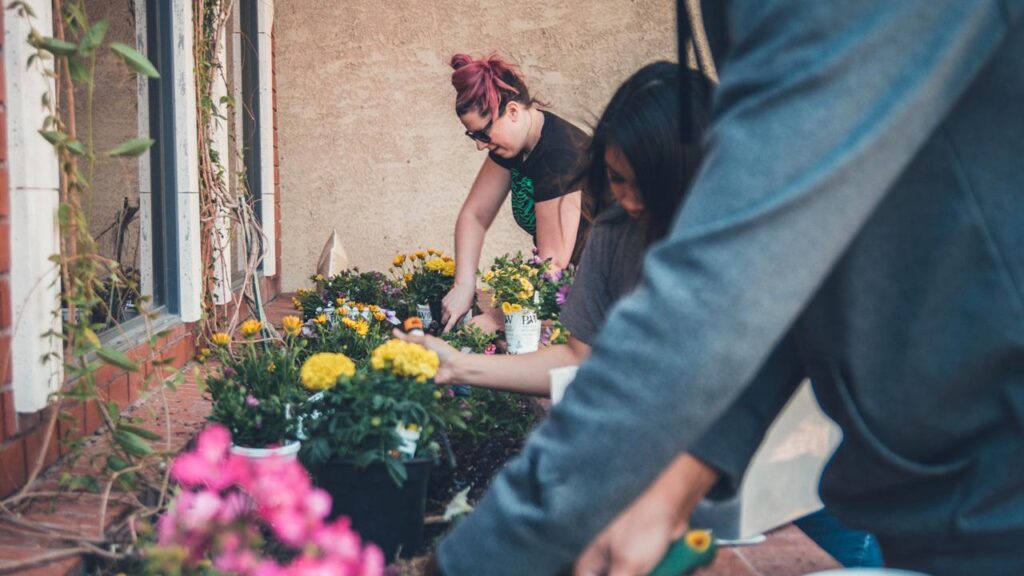
Beneficial effects
Management of rainwaters promoted by Ocean Friendly Gardens program has lots of advantages for territory, community and citizens. In addition to fighting against aquatic environment pollution by preserving soils natural purifying functions, lots of other beneficial effects can be highlighted.
Favor biodiversity development: favor local and endemic plants and seedling, create fauna’s habitats, preserve ecological functions of waterways and aquatic environments, preserve and maintain soils.
Climate change adaptation: prevention of floods, prevention to populations, risk management support, decreasing of heat islands, anticipation of extreme climatic events’ outcomes, etc.
Make savings : reduce costs linked to water management, prevention of bathing areas or shellfish farming areas’ closings, reduction of water consumption, etc.
Improvement of living environment : promotion of urban landscapes, creation of leisure areas, common spaces put back at the heart of social life, etc.
